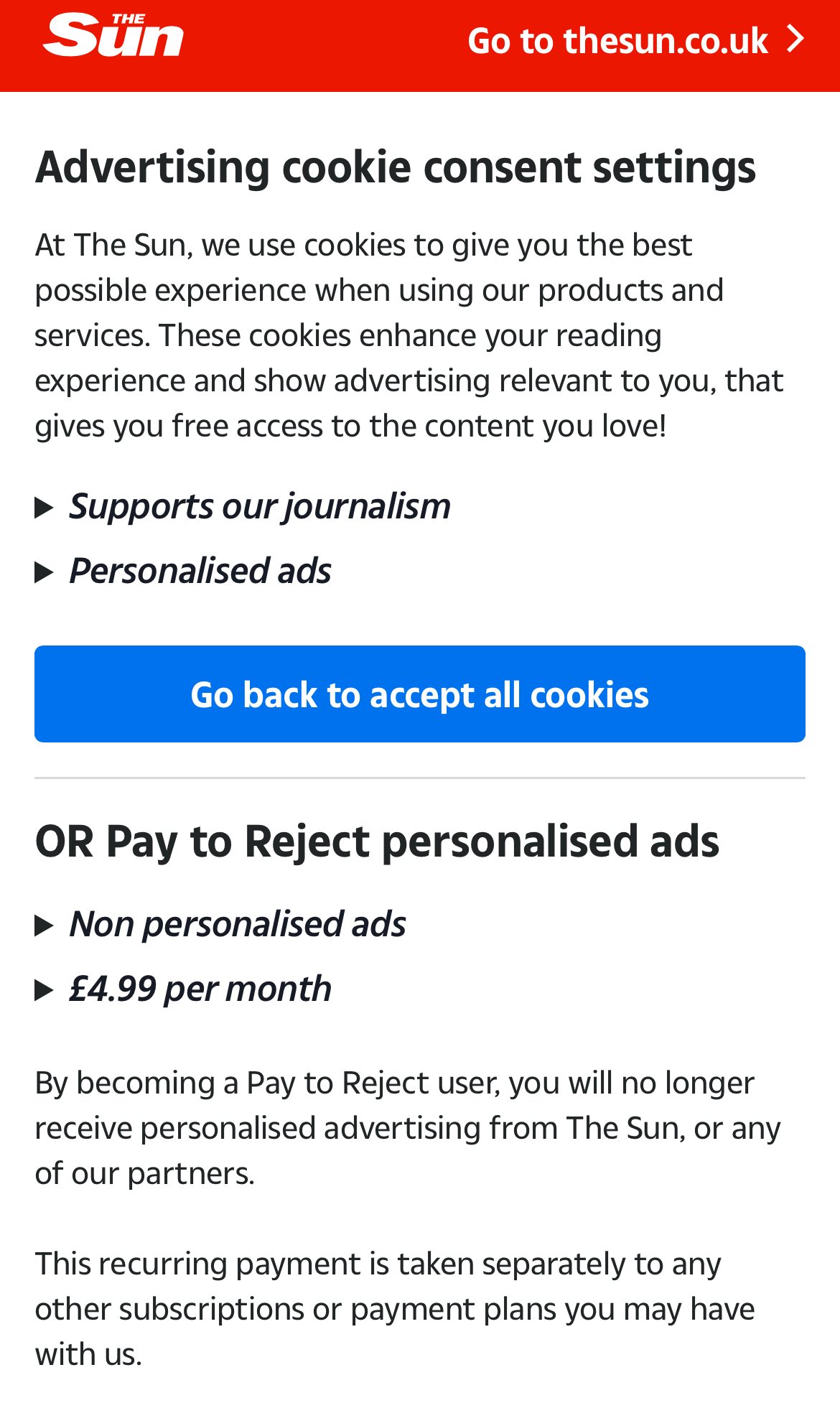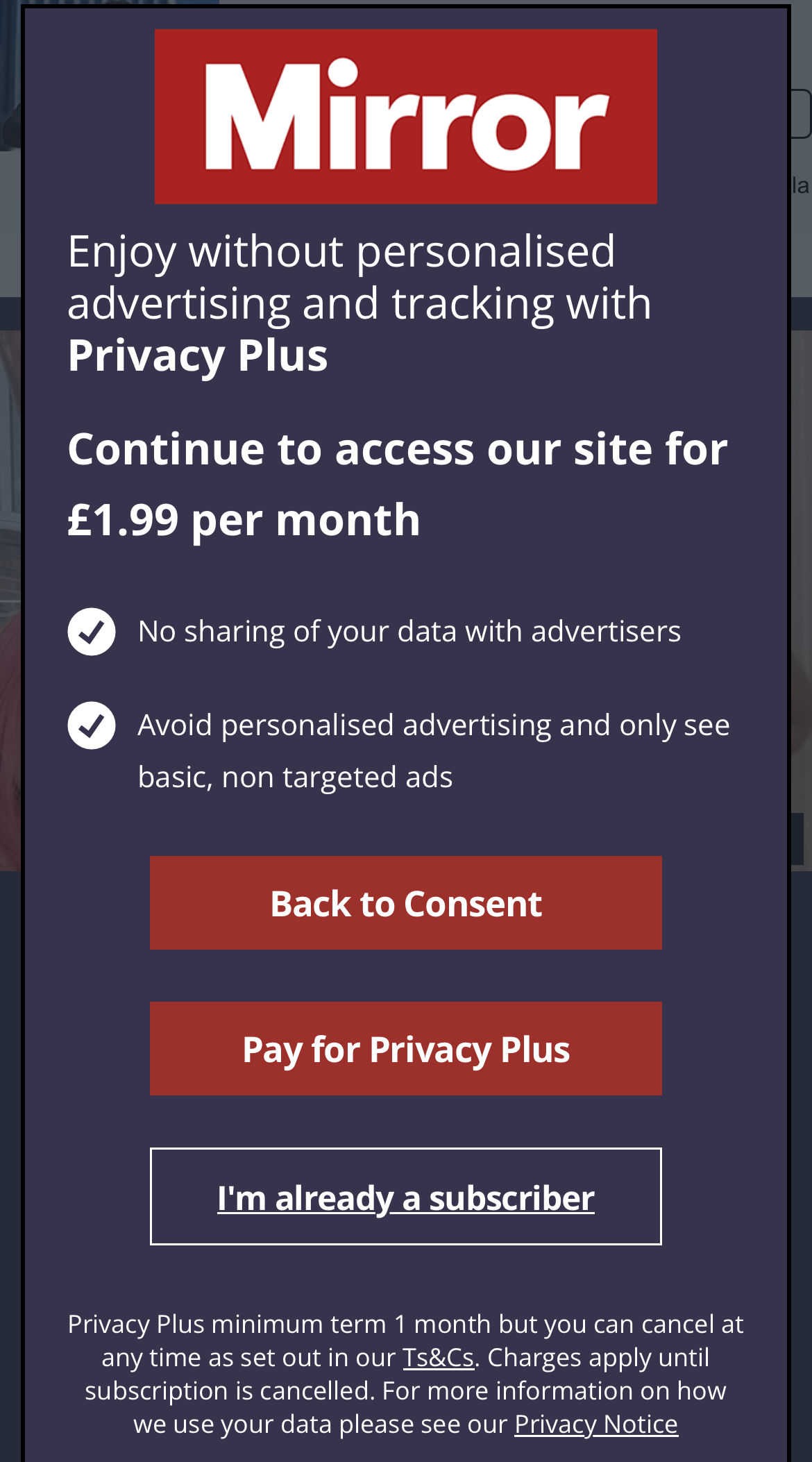The privacy paywall has landed in the UK – here's what you can do about it

The so-called 'Pay or Consent' or 'Pay or OK' model made headlines across Europe as online services began pushing the boundaries of GDPR rules on user consent. Some companies – mainly news publications starting from 2018 – have started asking for a fee to be able to opt out of data sharing and personalized ads. After Europe, some of the most-read UK newspapers are now testing the privacy paywall.
That's right, accessing the free news of some of the most popular UK news sites now has a cost – pay a monthly fee or give up your personal data. The question is: are you ready to pay for what should already be yours, your right to privacy?
The good news is that there might be some ways to work around the privacy paywall. Keep reading as I explain how the best VPN apps and other security software can help you reclaim your privacy.
The problem with 'Pay or Consent'
Before getting to the workarounds, let's look more closely at the privacy issues behind the 'Pay or consent' model.
While European news sites were the first to experiment with the privacy paywall back in 2018, Meta has become undeniably the most controversial case in November last year. Austria-based digital rights group Noyb was the first to file a legal complaint, warning how the model will make privacy an exclusive right "for the rich." At least 18 local consumer groups followed suit with similar complaints.
According to experts, this advertisement model isn't compatible with European privacy laws. Under GDPR, users' consent should be "freely given" to be valid. The Digital Service Act (DSA) also requires Big Tech firms to refrain from manipulative advertising practices. While under Article 5 of the Digital Market Act (DMA), these companies cannot make use of the service or certain functionalities conditional on users' consent.
The European Commission's preliminary view found, in fact, the new 'Pay or Consent' model not to be compliant with DMA rules and gave Meta an ultimatum until September 1 to address such concerns. In response, the social media behemoth has decided to pause its new pay-for-ads-free plan for the European market – for now, at least.





The UK privacy law environment isn't as intricate as the one across the EU block. However, after the UK left the EU, the government implemented its own version of GDPR including the 'freely given consent' clause. In March 2023, regulators passed another law to fight back the so-called pop-up fatigue – the Data Protection and Digital Information Act (DPDI) – which extended the range of exemptions to the consent requirement for cookies and other web trackers.
At the time of writing, it's difficult to determine whether or not the privacy paywall goes against UK laws. News companies are likely aware of that and have decided to test the water before regulators may issue clearer guidelines on the matter.
As the pictures above show, these include The Sun and Daily Mail Online, which count 24.7 and 23.2 million monthly visitors respectively. The Independent, Mirror, and Daily Express are other titles trying to profit from their readers' data. The price tag for your privacy varies, though, from as little as £1.99 a month to a maximum of £4.99 (The Sun). More online services will likely join if no one presses the halt button.
1. Use a VPN
The easiest way to bypass the privacy paywall is by using a VPN app. For those not familiar, a VPN – short for virtual private network – is security software that encrypts internet connection and spoofs your real IP address location. Both these skills aim to boost your privacy online, making it more difficult to track you down across the web.
By encrypting all your data in transit, the best VPNs ensure that no one can see what you're doing online. This is because websites, apps, and other online services will see requests from a VPN server rather than your device.
IP spoofing makes you appear like you're browsing in a completely different country in no time. In this case, you can bypass the privacy paywall by connecting to a server based outside the UK – and the EU, as well.
I've tried to do that with TechRadar's top three VPNs – NordVPN, Surfshark, and ExpressVPN – and they all work perfectly.
When it comes to choosing the right VPN location, I recommend opting for a country with strong privacy laws in place. I found connecting to Switzerland quite beneficial as The Sun, Daily Mail Online, and The Independent still gave me the option to reject all non-necessary web trackers, but it didn't work for the Mirror and Daily Express. For these publications, I suggest picking other privacy-friendly locations, such as Brazil and New Zealand.
1. NordVPN – from $3.09 per month
The best VPN overall
NordVPN is a great all-around VPN that won't break your bank. It offers easy-to-use apps, bulletproof security, loads of advanced features, and some of the fastest connection speeds we recorded. Nord is also great at unblocking streaming services as well as any other geo-restricted content. Why not try it out for yourself risk-free with a 30-day money-back guarantee?
2. Browse with Tor
If you aren't willing to invest some bucks in a VPN service, another option to bypass the privacy paywall may be accessing the news sites via the Tor Browser. Fully open-source and completely free to use, Tor encrypts your internet connection and masks your real IP address through at least three layers of encryption.
While Tor should work well as a VPN app on paper, I had mixed results when I tried to evade the privacy paywall via Tor. On the first round of testing (September 10, 2024), I managed to access almost all the aforementioned news sites without giving away all my data. The Daily Express was the only one to be blocked.
These positive findings were then contradicted by another test a few days later (September 12, 2024). While the Daily Express wasn't blocked, the privacy paywall wasn't either. The same goes for other publications (The Mirror, The Daily Mail, and The Sun). The Independent was the only site to give me the option to reject all cookies.
I then recommend to try it out for yourself and see if it's working for you. If not, I suggest getting one of the best free VPN apps instead. At the time of writing, PrivadoVPN and Proton VPN are our top picks.
3. Delete your shared data
Alternatively, you can opt to claim back your privacy retrospectively. This means you'll have to agree to get personalized ads when browsing and ask for the removal of your shared data later afterward.
The right to be forgotten is indeed a right under the GDPR – in the EU and the UK. The provision allows everyone to request the removal of their personal data from companies and data brokers alike.
That's true, issuing requests for your shared information to be deleted sounds like a very daunting task. The good news is that data removal services exactly do this work for you.
Services like Incogni are very handy to track and remove your data from a huge array of entities across the web within a few clicks. It's worth bearing in mind that you need to pay a subscription to use the service (starting from $7.49 a month). Yet, this still might work out cheaper than paying for the ad-free experience on each news site individually.
We test and review VPN services in the context of legal recreational uses. For example: 1. Accessing a service from another country (subject to the terms and conditions of that service). 2. Protecting your online security and strengthening your online privacy when abroad. We do not support or condone the illegal or malicious use of VPN services. Consuming pirated content that is paid-for is neither endorsed nor approved by Future Publishing.

Chiara is a multimedia journalist committed to covering stories to help promote the rights and denounce the abuses of the digital side of life – wherever cybersecurity, markets, and politics tangle up. She believes an open, uncensored, and private internet is a basic human need and wants to use her knowledge of VPNs to help readers take back control. She writes news, interviews, and analysis on data privacy, online censorship, digital rights, tech policies, and security software, with a special focus on VPNs, for TechRadar and TechRadar Pro. Got a story, tip-off, or something tech-interesting to say? Reach out to chiara.castro@futurenet.com
